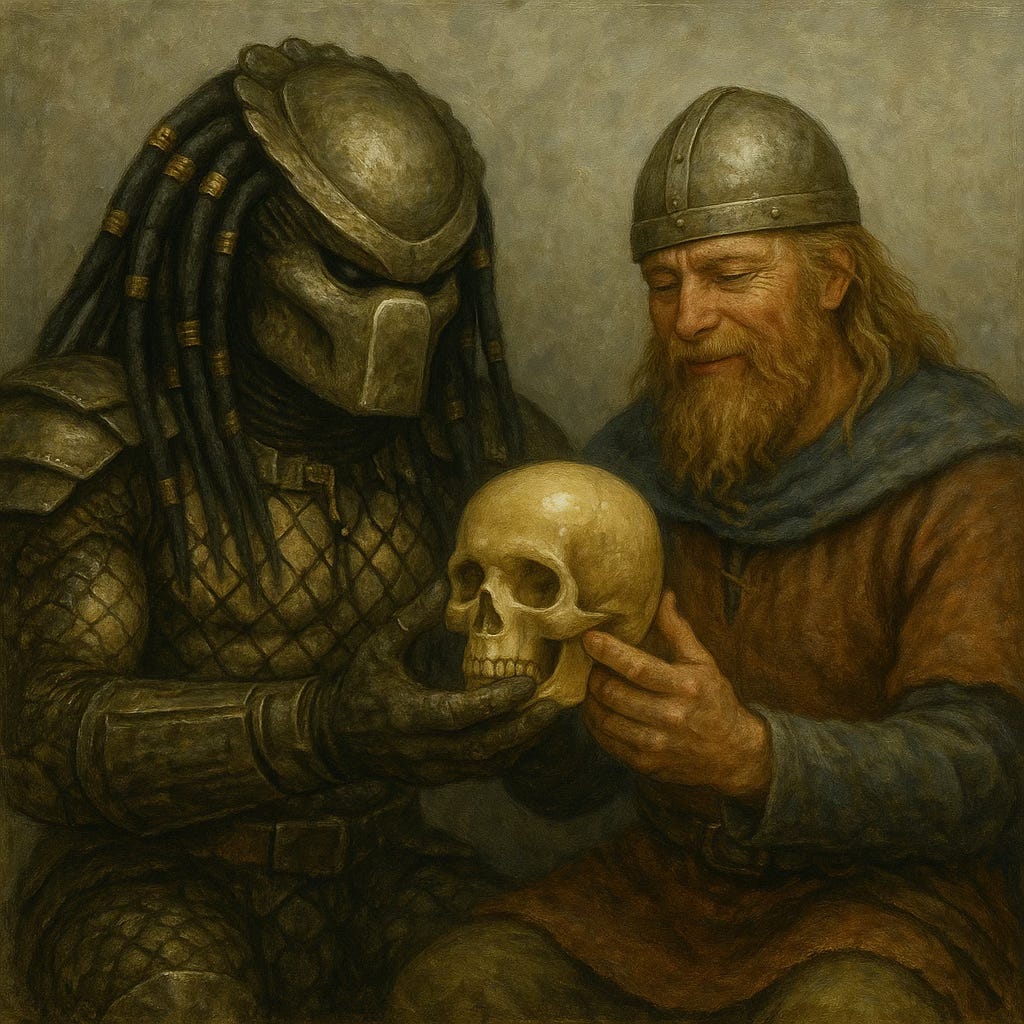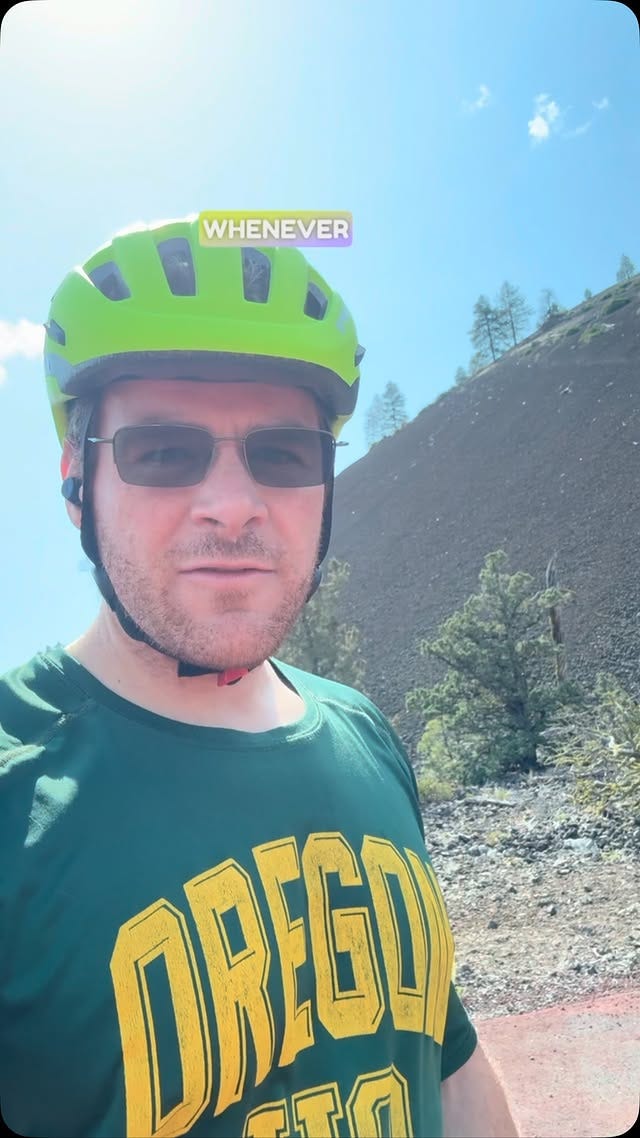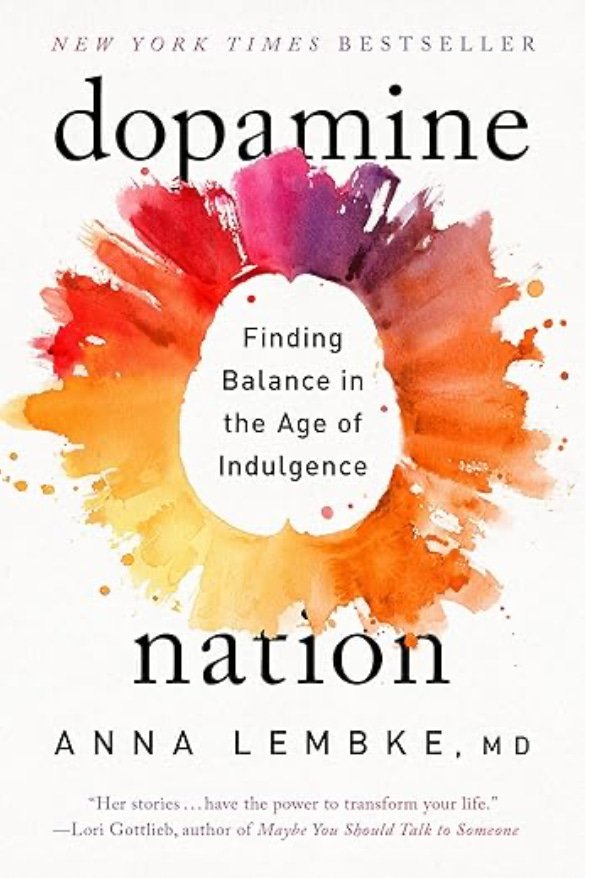What Do the Vikings and The Predator Have in Common?
The Vikings and their Skulls | No Pain, No Gain | The Empress and Her Wolf
Welcome to the newsletter, where history, storytelling, and inspiration meet. Every week, I share some of the fun historical research I’ve done while writing my novels, writing reflections (and sometimes tips), and sharing updates on my work and journey. If you were forwarded this message, you can join the weekly newsletter here.
Today’s Dispatch
Viking History: The Vikings and Their Skulls.
Writing and Publishing: No Pain, No Gain.
Author Update: The Empress and Her Wolf
This week’s book recommendation.
Viking History
The Vikings Are Like The Predator: They Both Really Liked Skulls.
Leave it to me to compare Vikings to a Hollywood alien with a fondness for ripping skulls from spines. But after our latest Vikingology episode with archaeologist Dr. Martin Rundkvist, the connection didn’t feel so far-fetched.
Martin’s recent paper delves into one of the more unusual aspects of the Viking Age: the curious treatment of human skulls. In graves across Scandinavia, archaeologists have discovered skulls that don’t match the rest of the skeletons, sometimes older than the graves in which they were buried. In other words, the Vikings excavated old skulls and reburied them alongside new ones. Why? No one knows. That’s the mystery. And it gets weirder.
Despite a general taboo against decapitation, which was typically reserved for slaves or criminals, there seems to have been a separate, symbolic value assigned to the human head after death. Once the soft tissue was removed, the skull became something more.
We see hints of this in the sagas. Óðinn carries around the decapitated head of Mímir, which speaks and gives him wisdom. Skulls in the archaeological record appear in boundary places, such as along city walls, at the edges of graves, and even in bogs, all of which are liminal zones where the living and the dead come into contact with each other.
Martin is quick to point out that the evidence is fragmentary, and his goal is to spark more investigation rather than offer definitive answers. But the implications are bizarre: why were the Vikings digging up and reusing skulls?
And that’s where my brain jumped to Predator. That iconic image of a creature collecting skulls as trophies suddenly didn’t feel so alien. The Vikings may not have been intergalactic hunters. Still, they had a complex, perhaps even ritualistic, fascination with human heads, as so many other human cultures have had (in our conversation, Martin pointed out that the Celts were much more skull-crazy than the Vikings).
I managed to make my three skull jokes, only to be one-upped by Martin! Behind the humor lies a genuine historical puzzle, one that I hope archaeologists will continue to explore. Check out the episode below.
Writing and Publishing
No Pain, No Gain.
Novel writing is hard. Really hard. You just won’t believe how vastly, hugely, mind-bogglingly hard it is. I mean, you may think it’s tough to assemble IKEA furniture without the instructions, but that’s just peanuts to novel writing. And hard is why it’s worth doing.
We live in an age of extraordinary ease. Food arrives at our doorstep. Entertainment is instantly accessible. Work is increasingly remote and streamlined. Paradoxically, we are more anxious, more depressed, and more discontented than ever before. This contradiction has become increasingly apparent to me throughout my careers as a schoolteacher, a personal trainer, and a business professional. It is not necessarily that people are lazy. Rather, many of us have developed a strong aversion to discomfort.
But discomfort is essential. I believe in doing something difficult every day. I call this practice my “pain schedule.” I deliberately challenge my body through daily exercise, whether that means climbing Lava Butte on my bike as fast as possible or attempting personal records in the gym. I challenge my mind each morning with a routine that includes meditation and reflection on gratitude, both of which are deceptively demanding. I challenge my spirit by engaging in the rigorous work of writing novels. I do all of this while balancing the responsibilities of family life, raising children, and preparing for an international move.
And I am grateful for every one of these challenges. They shape me. They make me stronger, wiser, and more resilient.
It may feel like the world is coming apart at the seams. In reality, what we are experiencing is the aftershock of half a century of prosperity on a scale humanity has never known. We have grown soft. We have grown entitled. But challenges are coming, and I welcome them. Hardship is not something to be feared. It is an invitation to become better than we were. Through difficulty, we discover what we are made of. Through adversity, we grow.
For those interested in exploring this idea more deeply, I highly recommend the book Dopamine Nation by Dr. Anna Lembke (see this week’s book recommendation below). It is a compelling exploration of how modern abundance has hijacked our pleasure centers and why intentionally leaning into pain and discomfort may be the antidote to modern misery. Lembke, a psychiatrist at Stanford, combines neuroscience, clinical insight, and real-life stories to demonstrate that a life of ease can often lead to profound suffering, and that a return to meaning requires a recalibration of our relationship with pleasure and pain. Her message resonates deeply with my own experience and philosophy.
So I urge you: choose the hard path. Write the book. Climb the mountain. Face the change, the chaos, and the unknown. Because growth requires struggle, and happiness is found through growth.
And when life demands, “How will we get to the top of that hill?”
Remember what Arnold Schwarzenegger said during the filming of Conan the Barbarian, when producer Dino De Laurentiis asked him the same question.
Arnold simply replied, “We are going to climb.”
Here’s a video I made about this on Instagram:
Author Update
The Empress and Her Wolf
All month long, I’ll be promoting The Empress and Her Wolf, book 5 of the Hasting Saga. Here’s the blurb:
Power. Revenge. Forbidden love in the heart of a dying empire.
When Viking warlord Hasting arrives at the gates of Constantinople, he knows he can’t conquer it. Not with deeds of arms alone. But fate has other plans.
A failed raid turns into a devil’s bargain: serve Empress Theodora as her sword-for-hire, or die. Hasting chooses survival and quickly proves himself more capable than the generals she no longer trusts. But the empire is a viper’s nest of betrayal, and when an attempt to scare off his men ends in the death of his lover, Hasting’s mission changes.
He came for wealth and glory. Now, he wants blood.
But revenge in Miklagard is no simple feat. The city runs on whispers, not war cries. Enemies hide behind silks and smiles. And as Hasting grows closer to the empress—ally, ruler, and eventually lover—he finds himself torn between love and vengeance.
One wrong move could cost him everything.
Perfect for fans of Bernard Cornwell, Giles Kristian, Peter Gibbons, and Conn Iggulden, The Empress and Her Wolf is a heart-pounding saga of war, loyalty, and ambition set against the glittering, dangerous world of the Byzantine Empire.
Book Recommendations
Dopamine Nation
Blurb:
This book is about pleasure. It’s also about pain. Most important, it’s about how to find the delicate balance between the two, and why now more than ever finding balance is essential. We’re living in a time of unprecedented access to high-reward, high-dopamine stimuli: drugs, food, news, gambling, shopping, gaming, texting, sexting, Facebooking, Instagramming, YouTubing, tweeting . . . The increased numbers, variety, and potency is staggering. The smartphone is the modern-day hypodermic needle, delivering digital dopamine 24/7 for a wired generation. As such we’ve all become vulnerable to compulsive overconsumption.
In Dopamine Nation, Dr. Anna Lembke, psychiatrist and author, explores the exciting new scientific discoveries that explain why the relentless pursuit of pleasure leads to pain . . . and what to do about it. Condensing complex neuroscience into easy-to-understand metaphors, Lembke illustrates how finding contentment and connectedness means keeping dopamine in check. The lived experiences of her patients are the gripping fabric of her narrative. Their riveting stories of suffering and redemption give us all hope for managing our consumption and transforming our lives. In essence, Dopamine Nation shows that the secret to finding balance is combining the science of desire with the wisdom of recovery.








Very nice to see Lava Butte in your video. Not only does it provide a fascinating vista of the mountains to the west, but this is a fantastic visual representation of volcanic processes. The cinder cone is classic and the lava field that burst out of its southern flank is straight out of a geology textbook book — except that is it 3-dimensional and real.
Check out the bakery, appropriately named Hot Lava, in the SR Village.
And your Governater accent is credible as well.